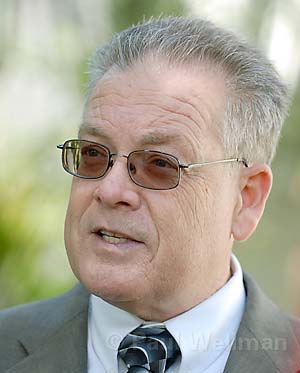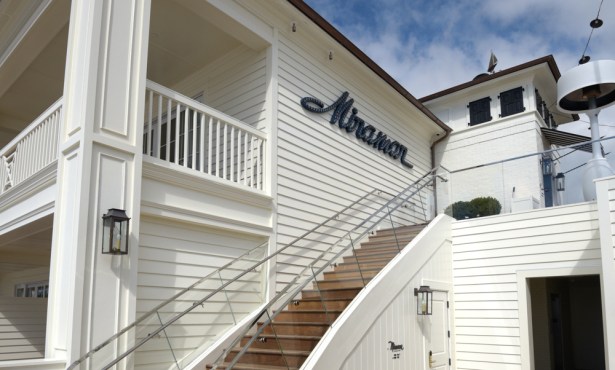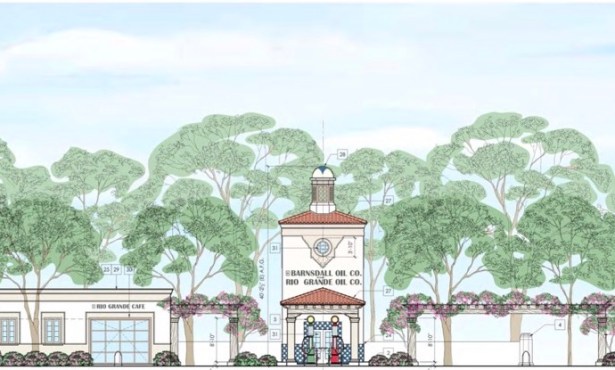Financial Crisis Causes Concern in Santa Barbara
Wall Street Woes Felt Worldwide
Monday, September 15, was a day to be remembered in the world of high finance. In the wake of a recent government bailout of Fannie Mae and Freddie Mac-the largest lending institutions in the U.S.-the Dow Jones Industrial Average plummeted more than 500 points on Monday as timorous investors began selling off shares in an effort to gain liquidity. Part of the cause for the clamorous and rapid decline on Wall Street was Bank of America’s buyout of Merrill Lynch, an investment banking firm, as well as the bankruptcy of Lehman Brothers, another investment banking giant. The difference between this and other financial crises in the past decade was simple. The Federal Reserve Board drew a line in the sand on Monday, refusing to provide Lehman with overnight bailout liquidity. According to some analysts, the concept of moral hazard, or using the government as a crutch to enable irresponsible risk taking, has ruled the market until this week. “The decade of moral hazard is over,” said Financial Times investment editor John Authers in an online report.
The current situation is being called a crisis by many, including current presidential hopefuls John McCain and Barack Obama, and is affecting markets all over the world. Like Europe’s, Asian markets felt the pinch as early as Tuesday morning, September 16.

How is this affecting Santa Barbara? Bill Watkins, executive director of the UCSB Economic Forecast Project, said that due to the area’s high concentration of wealthy and retired people, there is likelihood that an impact will be felt, but that because most financial institutions facing trouble have already been bailed out, most are insulated from economic catastrophe. “What is going on right now on the national scene has more to do with the investment banking and insurance arenas, and doesn’t have an impact on community banking,” said Carolyn Tulloh, the director of marketing and public relations at Montecito Bank and Trust. In the wake of bailouts and bankruptcies, regional banks are presenting seminars to assuage the concerns of their customers.
However, Steve Cushman, a board member of the Santa Barbara Region Chamber of Commerce, posited that the systemic problems faced by financial institutions can affect area businesses. “The immediate impact is going to be on credit for businesses,” he said. “Almost all businesses need lines of credit to make it through the ups and downs of the business cycle, and this is going to make it more difficult to get those lines of credit.” But Cushman noted that, despite being in the third year of a housing recession, California’s economy is relatively stable. “This financial crisis could extend the recession, but the local economy, of which tourism is about 50 percent, has been steady.”
One aspect of the current turmoil that affects most Americans, however, is its impact upon the presidential race. Already very close in the polls, the approval ratings of McCain and Obama are coming closer together as finance affects voter attitudes toward the candidates: The crisis caused the price of oil to drop to nearly $90 per barrel, also reducing prices at the pump and, according to analysts, increasing voter satisfaction with the incumbent Republican administration.
While many may remember occasional bouts of financial turmoil since the stock market crashed in 1987, the current crisis seems to assume greater urgency. “I think the volatility we’re seeing is the most we’ve seen since 1929,” said Watkins. “I don’t think it has the scale of the ’29 crash, but it is big. International finance is being challenged.” Watkins attributes the difference to a vastly more complicated financial landscape, complicated by the decade-long atmosphere of moral hazard. “You can’t overstress how much more complicated [finances] are now. Financial technology has improved [since 1929] and made liquidity and funding available for more people, but this makes it very difficult to price risk.” However, Watkins predicted that, looking to avoid the mistakes made leading up to the ’29 crash and the decade-long depression that followed, Federal Reserve Chair Ben Bernanke has done his homework on that subject, and will take steps to right the economy.



